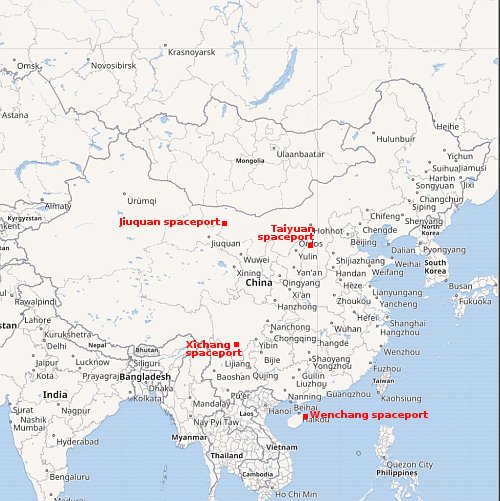Avio wins launch contract from Taiwan to launch four satellites
The Italian rocket company Avio has won a $81 million launch contract from Taiwan’s space agency TASA to use its Vega-C rocket to launch four Earth observation satellites.
FORMOSAT-8 will be a constellation of six high-resolution optical Earth observation satellites. The first was launched aboard a SpaceX Falcon 9 rocket in November. The next, FORMOSAT-8B, which does not yet have a publicly announced launch services provider, is, according to TASA, slated for launch in December 2026. The FORMOSAT-9 constellation will be made up of two synthetic aperture radar (SAR) satellites, which are expected to be launched in 2028 and 2030, respectively.
All four satellites will be launched aboard Vega C rockets from the Guiana Space Centre in French Guiana.
It is not clear if this contract involves four separate launches, or two (one for Formosat-8A and B, and a second for Formosat-9A and B). It is also not clear if this contract is one of the two launch contracts Avio had previously announced, without revealing the customers.
The Italian rocket company Avio has won a $81 million launch contract from Taiwan’s space agency TASA to use its Vega-C rocket to launch four Earth observation satellites.
FORMOSAT-8 will be a constellation of six high-resolution optical Earth observation satellites. The first was launched aboard a SpaceX Falcon 9 rocket in November. The next, FORMOSAT-8B, which does not yet have a publicly announced launch services provider, is, according to TASA, slated for launch in December 2026. The FORMOSAT-9 constellation will be made up of two synthetic aperture radar (SAR) satellites, which are expected to be launched in 2028 and 2030, respectively.
All four satellites will be launched aboard Vega C rockets from the Guiana Space Centre in French Guiana.
It is not clear if this contract involves four separate launches, or two (one for Formosat-8A and B, and a second for Formosat-9A and B). It is also not clear if this contract is one of the two launch contracts Avio had previously announced, without revealing the customers.

